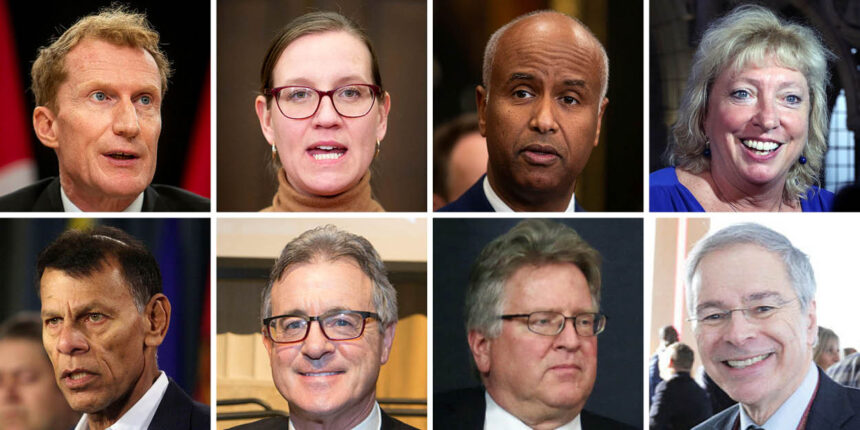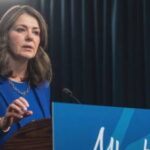The strategic stacking of Liberal MPs on key House committees is raising eyebrows across Parliament Hill this week. Nearly three months after the spring election delivered Prime Minister Justin Trudeau a weakened minority mandate, government insiders have finalized committee appointments that observers say reveal much about Liberal priorities heading into a precarious fall session.
“These appointments tell us exactly where the government’s defensive lines are being drawn,” says Michael Brewster, former parliamentary procedural clerk and current analyst at the Institute for Parliamentary Democracy. “The concentration of veteran MPs on finance and ethics committees isn’t accidental.”
The committee appointments, quietly published on the parliamentary website Wednesday morning, show a clear pattern of positioning experienced Liberal MPs in committees where opposition parties have telegraphed plans for aggressive scrutiny.
The Standing Committee on Finance, which will review the delayed federal budget expected in September, features four Liberal MPs with previous cabinet experience – an unusual concentration of governmental firepower for a committee that typically includes a mix of parliamentary experience levels.
At the Burlington town hall last month, Conservative Leader Pierre Poilievre signaled his intention to use committee powers to challenge Liberal economic management. “They’re packing committees because they know Canadians want answers about the cost-of-living crisis,” Poilievre told a crowd of about 300 supporters.
What’s particularly notable is the assignment of three Quebec MPs to the Standing Committee on Official Languages. This reflects growing concern within Liberal circles about their softening support in francophone regions, where recent polling by Abacus Data showed Liberal support has dropped 7 percentage points since April.
Joan Fraser, who has represented her Montreal riding for eleven years, will chair the Official Languages committee. “Our work will focus on practical implementation of the modernized Official Languages Act across government services,” Fraser explained during a brief media availability yesterday. “We’ve heard clearly from constituents that this remains a priority.”
The ethics committee appointments reveal perhaps the most obvious defensive positioning. All four Liberal members have legal backgrounds, with three having served previously on the justice committee. This comes as opposition parties continue pressing questions about government contracts awarded during the pandemic.
“We haven’t seen this kind of committee stacking since the SNC-Lavalin controversy,” notes Pamela McLeod, professor of political science at Carleton University. “It suggests they’re anticipating tough scrutiny and want members who can navigate procedural complexities.”
Statistics Canada data released last month showed government procurement spending in 2024 reached $22.7 billion, the second-highest level in Canadian history. Opposition critics have already signaled plans to examine this spending through committee investigations.
In a surprising move, the government has appointed relative parliamentary newcomers to the Public Accounts Committee, which typically attracts more senior MPs due to its oversight of government spending. Only one of the four Liberal members has served more than three years in Parliament.
“They’re keeping their veterans for the committees where they expect the most political heat,” suggests former NDP strategist Devon Williams. “Public Accounts is important, but it’s typically more focused on administrative efficiency than politically charged issues.”
Government House Leader Steven MacKenzie defended the appointments during yesterday’s press conference. “We’ve assembled talented teams across all committees that reflect the diversity of our caucus and the expertise needed to advance Canadians’ priorities,” MacKenzie said. “This is about good governance, not political calculations.”
But insiders paint a different picture. A senior Liberal staffer, speaking on condition of anonymity, acknowledged strategic considerations played a role. “Of course we want our strongest voices on committees where opposition parties have signaled they intend to obstruct rather than contribute,” the staffer said. “That’s just parliamentary reality.”
The committee appointments also reveal geographical calculations. Ontario MPs dominate the Industry Committee, which will be examining housing affordability issues – a key vulnerability for the government in suburban ridings where the last election saw significant Liberal losses.
At a community center in Mississauga last week, Housing Minister Soraya Martinez emphasized that addressing housing affordability remains “our government’s top domestic priority.” Census data shows housing costs in the Greater Toronto Area have increased 32% since 2019, creating political challenges for Liberal MPs in those ridings.
NDP House Leader Jenny Kwan criticized the appointments, suggesting they reflect a government “more concerned with protecting themselves than listening to Canadians.” The NDP, whose support remains critical to Liberal survival in the minority parliament, has secured vice-chair positions on three committees, including housing and health care.
Parliament resumes sitting in three weeks, with committees expected to begin organizational meetings shortly thereafter. With inflation still running above the Bank of Canada’s target and housing affordability challenges continuing to dominate constituent concerns, these committees will quickly become political battlegrounds.
For Canadians watching from home, these seemingly arcane committee assignments may ultimately shape which issues receive parliamentary attention – and which get buried under procedural maneuvering. As one veteran Hill reporter quipped yesterday, “Committee appointments are where the government’s real priorities become clear, regardless of what the throne speech promised.”






